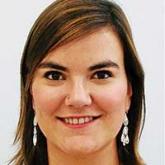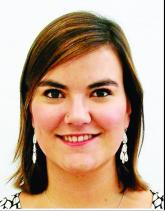Article

What I wish I knew when I started my internship
- Author:
- Patricia Serrano, MD
In my first year of residency I faced a steep learning curve. I learned a lot about psychiatry, but I learned so much more about myself. If I had...
Opinion

After-hours texting and professional boundaries
- Author:
- Patricia Serrano, MD
Publish date: August 12, 2016
News

Racing against burnout
- Author:
- Patricia Serrano, MD
Publish date: May 20, 2016
